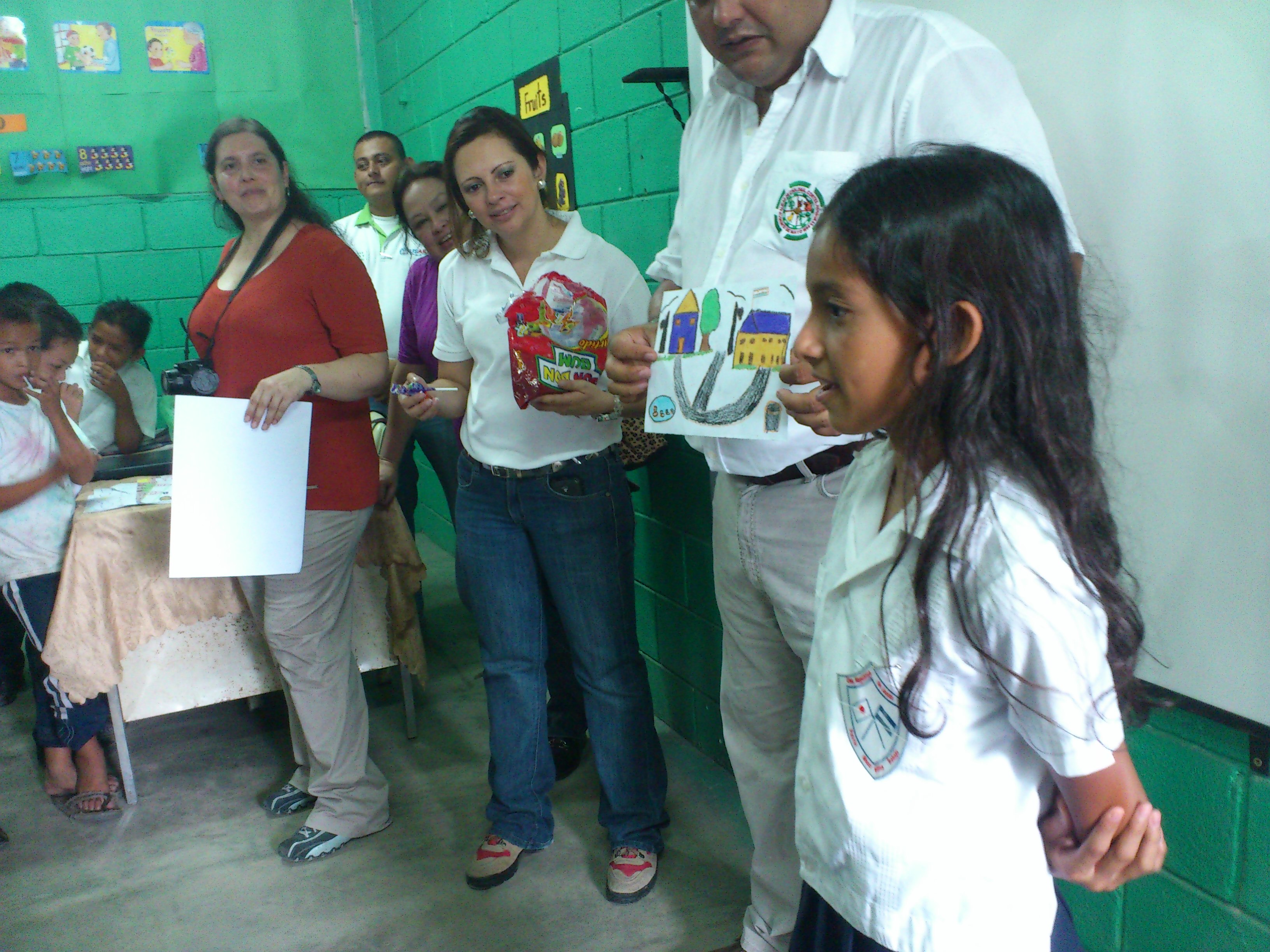
Earlier this year, ICMA selected two Honduran cities, La Ceiba and Choloma, to participate in its city-to-city partnership program, CityLinks™. CityLinks is funded by the U.S. Agency for International Development (USAID) and creates partnerships between American cities and those in developing and transitioning countries to create solutions for climate change, food security, and water and sanitation access challenges.
During the past few years, La Ceiba and Choloma have experienced an increase in violence, but their local governments are determined to improve citizen security. Choloma’s rate of homicides per 100,000 inhabitants rose from 37 in 2005 to 87 in 2011, and the city has an average of 275 homicides per year. La Ceiba has the highest murder rate in the country, with 182 homicides per 100,000 individuals per year. Poverty, unemployment, street gang activities, and drug trafficking are prevalent in Honduras and contribute to the high crime rate.
To reverse this trend, CityLinks developed the Honduras Pilot Partnership to Strengthen Violence Prevention through Environmental Design. The goal of the program is to strengthen the capacity of municipal governments and communities in La Ceiba and Choloma to create safer and more resilient communities for their residents.
In preparation for the launch of the pilot partnership, the CityLinks team conducted Crime Prevention Through Environmental Design (CPTED) training, along with a diagnostic study to assess vulnerable neighborhoods. The CPTED methodology is designed to help vulnerable communities become resilient by reducing opportunities for crime and creating community cohesion. Simultaneously, CPTED addresses risks associated with the effects of climate change, such as poor infrastructure development. With the proper design and use of buildings and parks, communities become more secure, crime rates decline, and residents become more invested in their neighborhoods.
From September 17-19, forty-six municipal staff and officials from La Ceiba and Choloma attended the workshop to receive CPTED certification, as well as representatives from the Honduran Social Investment Fund (FHIS), USAID, and USAID implementers. The training occurred in Tela, Honduras, with in-classroom training covering the following topics: the theoretical framework for CPTED, the definition of CPTED, preparation of diagnostics and CPTED proposal design; implementation of projects and evaluation of interventions; description, analysis, and application of public policies; and diagnostic tools.
After the workshop, the group traveled to both La Ceiba and Choloma to identify critical public spaces that could be addressed by the pilot partnership project. During the exploratory walk in each neighborhood, they assessed roads, parks, and school buildings, noting areas in poor condition that require immediate attention.
While in these neighborhoods, the group interviewed residents, asking them about their concerns for the community. In order to capture the perspective of youth, the group asked fifty students in each neighborhood to draw their ideal communities. In response, the children drew pictures of clean parks, well-lit and paved streets, and schools.
Encouraging communication among students, residents, and committed municipal officials promises to strengthen the bonds within these communities and lead to positive changes for La Ceiba and Choloma.
New, Reduced Membership Dues
A new, reduced dues rate is available for CAOs/ACAOs, along with additional discounts for those in smaller communities, has been implemented. Learn more and be sure to join or renew today!
